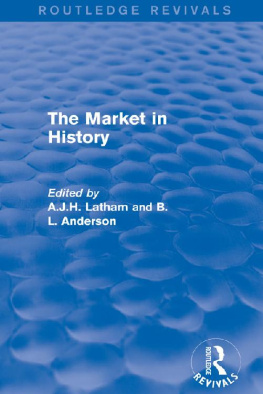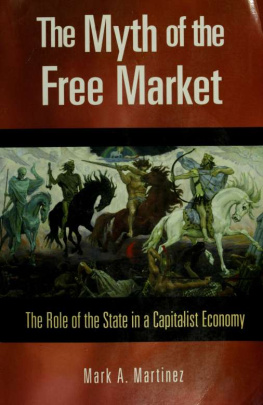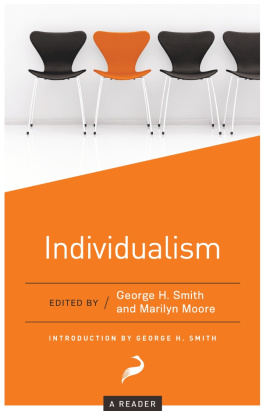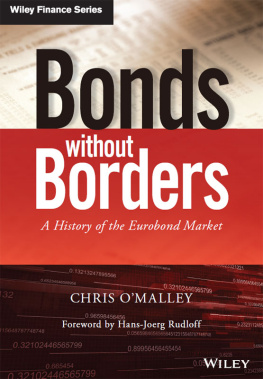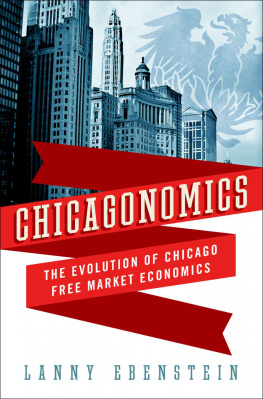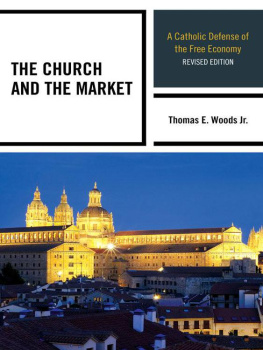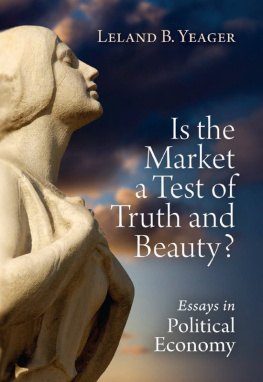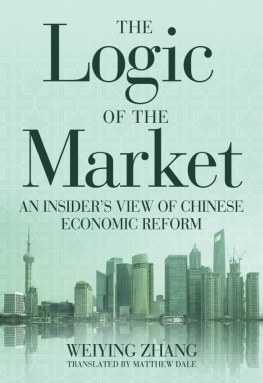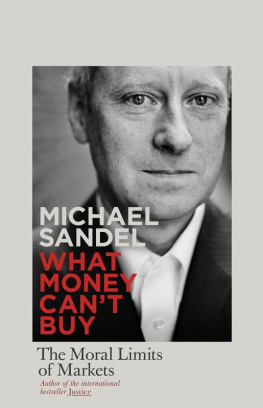The Market in History
First published in 1986. The free market is often associated with liberty and individualism, and this connection has been made for more centuries than is generally realised. The essays collected in this book trace the development, importance and influence of the market as a dominating component of the shared human life from classical antiquity to the present. The authors, from various backgrounds, keep constantly in view the moral and political questions raised by the role of markets, as well as laying out succinctly what can be known or deduced about the actual operation of the market in Western and other cultures. This book will be of interest to students of economics and history.
The Market in History
Papers presented at a Symposium held 913 September 1984 at St Georges House, Windsor Castle, under the auspices of the Liberty Fund
Edited by
B.L. Anderson and A.J.H. Latham

First published in 1986
by Croom Helm
This edition first published in 2016 by Routledge
2 Park Square, Milton Park, Abingdon, Oxon, OX14 4RN
and by Routledge
711 Third Avenue, New York, NY 10017
Routledge is an imprint of the Taylor & Francis Group, an informa business
1986 B.L. Anderson and A.J.H. Latham
All rights reserved. No part of this book may be reprinted or reproduced or utilised in any form or by any electronic, mechanical, or other means, now known or hereafter invented, including photocopying and recording, or in any information storage or retrieval system, without permission in writing from the publishers.
Publishers Note
The publisher has gone to great lengths to ensure the quality of this reprint but points out that some imperfections in the original copies may be apparent.
Disclaimer
The publisher has made every effort to trace copyright holders and welcomes correspondence from those they have been unable to contact.
A Library of Congress record exists under LC control number: 86002658
ISBN 13: 978-1-138-65019-0 (hbk)
ISBN 13: 978-1-315-62543-0 (ebk)
ISBN 13: 978-1-138-65026-8 (pbk)
THE MARKET IN HISTORY
EDITED BY B. L ANDERSON and A. J. H. LATHAM
Papers presented at a Symposium held 913 September 1984 at St Georges House, Windsor Castle, under the auspices of the Liberty Fund.

B. L. Anderson, A. J. H. Latham and Contributors, 1986
Croom Helm Ltd, Provident House, Burrell Row,
Beckenham, Kent BR3 1AT
Croom Helm Australia Pty Ltd, Suite 4, 6th Floor, 6476 Kippax Street, Surry Hills, NSW 2010, Australia
British Library Cataloguing in Publication Data
The Market in history: papers presented at a symposium held 913 September 1984 at St. Georges House, Windsor Castle, under the auspices of the Liberty Fund.
1. MarketsHistory
I. Anderson, B. L. II. Latham, A. J. H.
381.1809 HF5471
ISBN 0-7099-4120-X
Croom Helm, 51 Washington Street, Dover,
New Hampshire 03820, USA
Library of Congress Cataloging in Publication Data
The market in history.
Includes index.
1. Marketshistorycongresses. L Anderson, B.L
(Bruce Louis) IL Latham, A.J.H.
III. Liberty fund.
HF471.M37 1986 381.1809 86-2658
ISBN 0-7099-4120-X
Phototypeset by Sunrise Setting, Torquay, Devon
Printed and bound in Great Britain by Mackays of Chatham Ltd, Kent
CONTENTS
Robert Sugden
James M. Redfield
Peter Sawyer
A. R. Bridbury
Eric Kerridge
B. L. Anderson
A. J. H. Latham
The editors wish to thank the Liberty Fund for their generous support in underwriting the Symposium, and General Sir Hugh Beach and the staff of St Georges House, Windsor Castle, for arranging the proceedings. The editors would also like to thank all the Symposium members for their contribution to the discussion of the papers, and Tim Fearnside for preparing the drawings for this volume.
B. L. Anderson
A. J. H. Latham
B. L. Anderson (University of Liverpool)
A. R. Bridbury (London School of Economics)
C. E. Challis (University of Leeds)
S. Fenoaltea (Bryn Mawr College)
D. K. Fieldhouse (University of Cambridge)
R. M. Hartwell (University of Oxford and University of Sydney)
K. Hopkins (Brunei University)
E. Kerridge (University of Wales, Bangor)
A. J. H. Latham (University of Wales, Swansea)
D. N. McCloskey (University of Iowa and University of York)
D. C. North (University of Washington)
J. Redfield (University of Chicago)
P. Sawyer (University of Leeds)
H. K. Schneider (University of Indiana)
B. Shosan (Hebrew University, Jerusalem) R. Sugden (University of East Anglia)
In attendance:
A. N. McLeod (President of the Liberty Fund)
Theories about how societies change over time have frequently arisen in response to changes in societies themselves. All such theories, whether of an economic, social, anthropological, or other character, have been and remain highly problematical to test effectively and conclusively; so there is always need for considerable scepticism about how much confidence can be placed in them. Nevertheless, as the generation and utilisation of such theories has developed, some concepts have tended to exhibit a greater survival value than others. This may be only because they have provided more regularly fruitful insights into the functioning of societies, or organising principles for the empirical evidence to sustain them, than could be obtained without making use of them.
An example of this, of what might be called the phenomenology of social explanation, is the way the idea of the Market has become a part of common usage across the social sciences. Ideas of this type it seems, whilst often associated with particular schools of thought or subject categories, have often proved to be separable from the particular area of investigation in which they originated. In the process it seems quite possible, even likely, that those who make use of them in different fields of research will come to understand them differently. The Windsor Symposium was organised with the object of bringing together representative speakers and discussants from the fields of economics and economic history, sociology and anthropology, as well as of history at different periods, to explore the idea of the Market in terms of their own thought and work. There was no presumption that all or any of the participants attached more or less importance to the concept of the Market among the range of ideas each of them worked with, merely that all had found it useful or were currently making use of it.
The Windsor Symposium was openly exploratory and the participants, including the editors of the collected papers, neither anticipated being able to draw up settled conclusions about the nature of the Market across so many different areas of application, nor do they believe that it would be useful to do so. However, it is clear that a few central themes reappeared in different forms in most if not quite all of the papers, that they also figured prominently in the discussions that followed them, and that they provide the basis for such unity as a volume of collected conference papers can hope to achieve.

